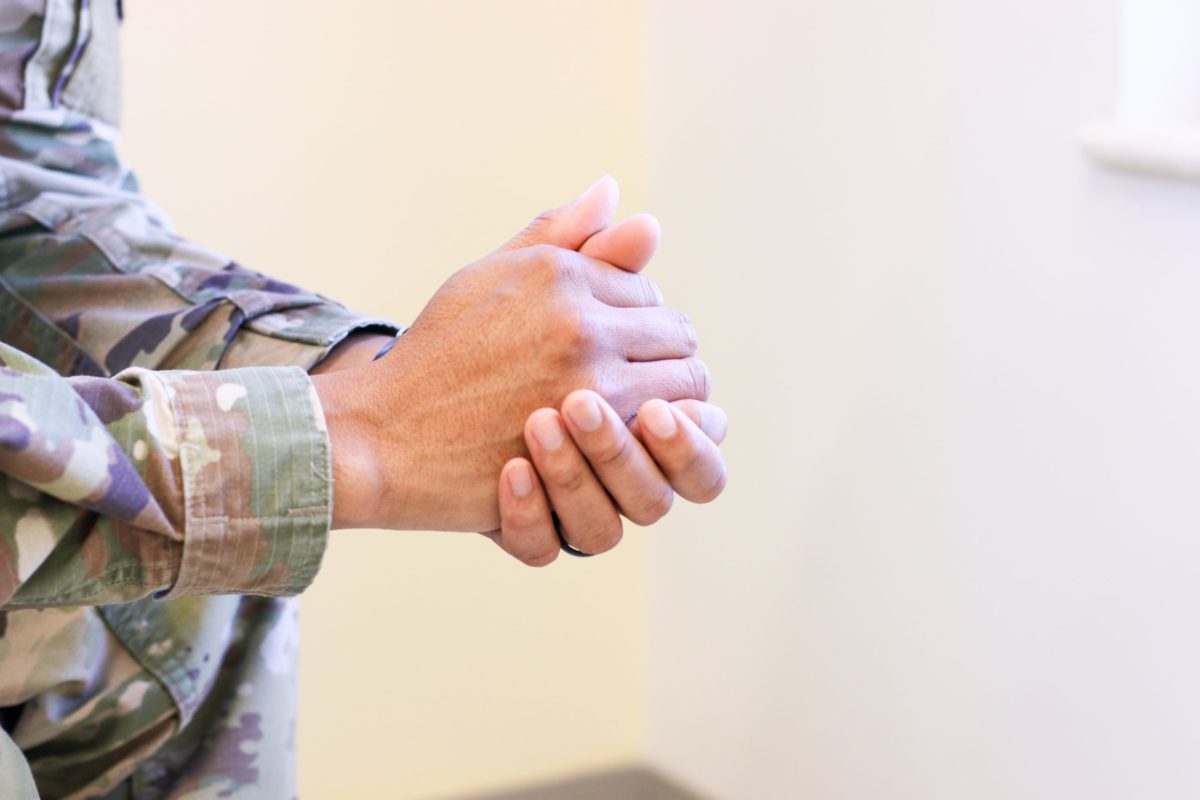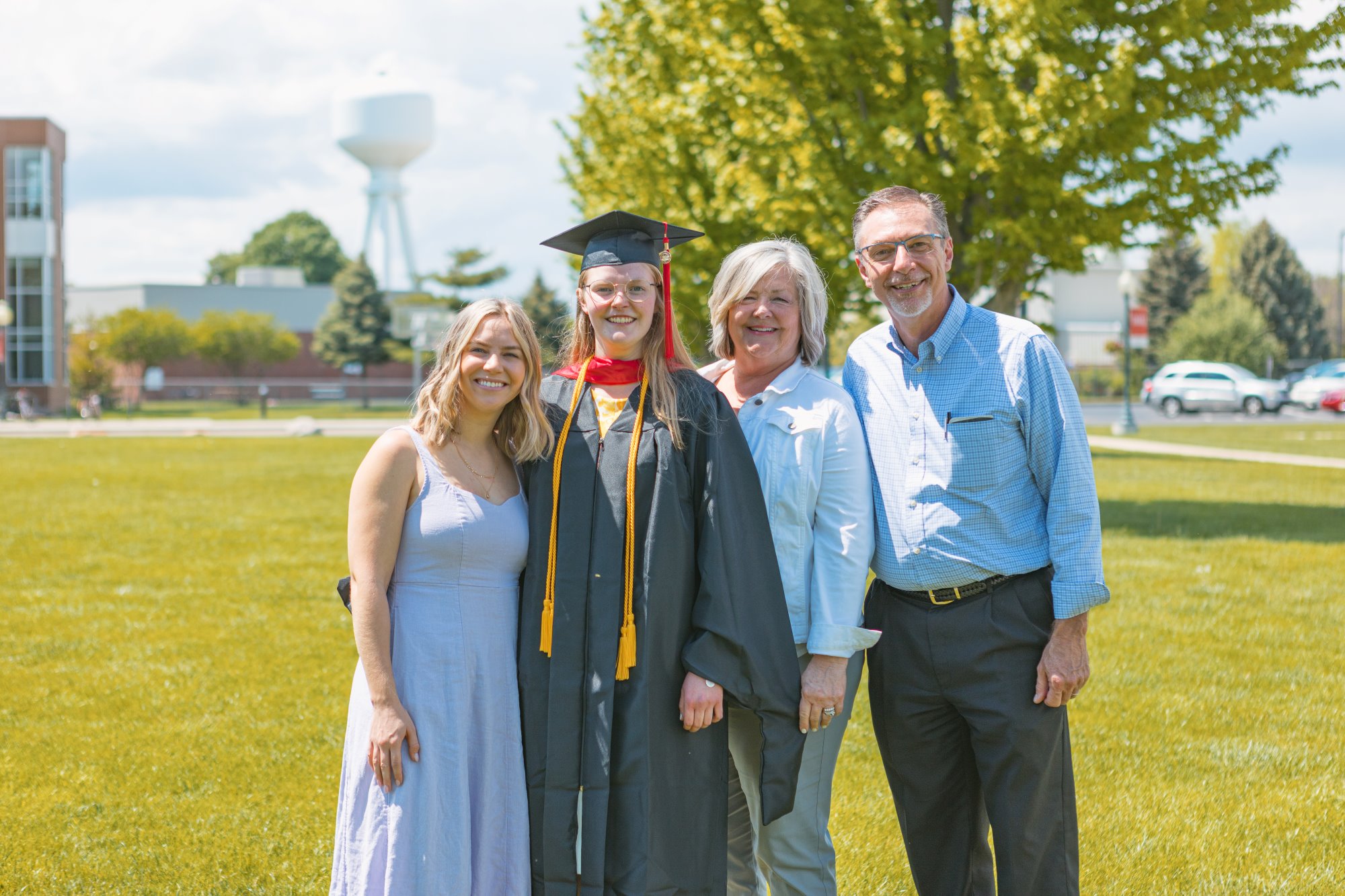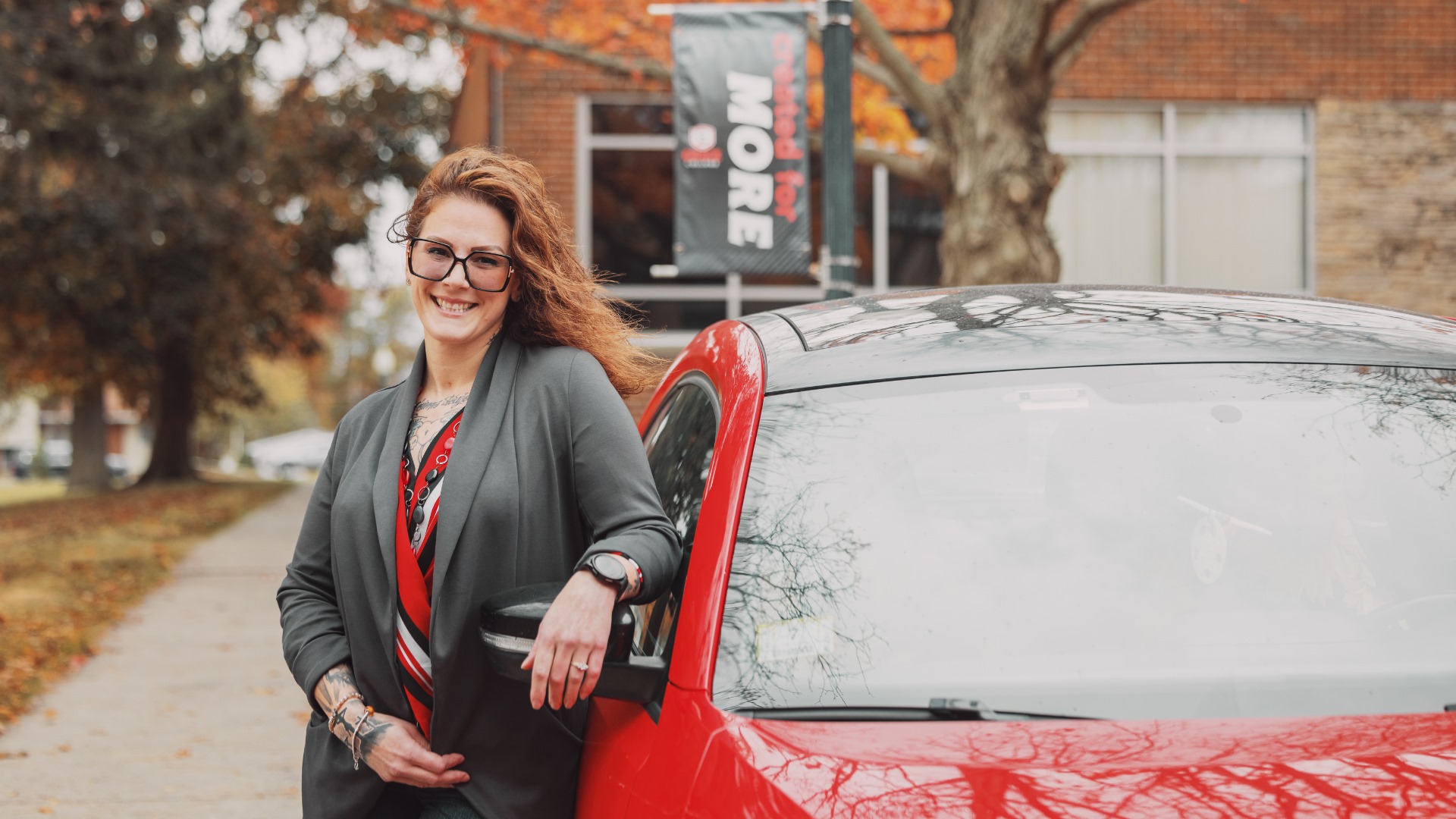January 27, 2021
What is a Chaplain?
Written By Grace Theological Seminary
Tagged With Master of Divinity Master of Arts Chaplaincy

During my 24 years of military service, I have had numerous interactions with military chaplains. In addition, I have had several interactions with hospital and corporate chaplains. And before I came on board at Grace Theological Seminary, I wondered to myself several times, what is a chaplain exactly? Despite my experience with these professionals, there is still a bit of a mystery when it comes to the job of a chaplain. I would like to answer a few questions in this blog to help answer the questions: What is a chaplain? What do chaplains do? and How do you become a chaplain?
What is a chaplain?
Simply put, a chaplain is a trained representative of a religious tradition serving in a secular institution. As such, chaplains serve in the Department of Defense (military), Veteran’s Administration, and other government agencies as well as in hospitals, prisons, schools, police and fire departments, and some corporate settings, just to name a few. According to salary.com, the average chaplain in the United States makes $82K with a range of $47K-$119K.
What do chaplains do?
Chaplain duties vary greatly depending on the area of service. A military chaplain serves alongside troops and could find themselves on the battlefield offering grief, trauma, and end-of-life counseling in addition to offering religious services in field conditions. Hospital chaplains, on the other hand, are bedside with patients and their families offering grief and end-of-life counseling. A corporate chaplain might offer religious support and counseling to company members while monitoring the religious climate of an organization.
How do you become a chaplain?
Training for chaplains usually begins with graduate-level training in their religious tradition (aka seminary education). In fact, entry into any government agency as a chaplain requires at least 72-credit hours of graduate education. Most major hospitals and other top-tier organizations have the same educational requirement. Another aspect of chaplain preparation is gaining support from one’s religious tradition. Each major denomination has its own policies in place as well as its own Endorsing Agents. Endorsing Agents are gatekeepers for a denomination that carefully screen applicants wanting to represent the denomination as a chaplain. A final aspect of training (especially for hospital chaplains) is Clinical Pastoral Education (CPE). CPE is a type of on-the-job training that prepares chaplains to function effectively in the midst of difficult environments.
Grace Theological Seminary offers two programs specifically for chaplaincy training. Our Master of Arts in Chaplaincy and our Master of Divinity in Chaplaincy both meet the graduate education requirement for chaplaincy training. Our programs cover the basic religious training required for a chaplain and also specialize in the areas that chaplains need most: counseling and apologetics. If your calling is to become a chaplain, we would love to help! And if you have more questions or would like to hear more regarding the three covered above — give us a call or email us today!
Rob Neufer is a retired Senior Master Sergeant with the United States Air Force. He currently serves as the Director of Seminary Admissions at Grace Theological Seminary.
Email: gtsrec@grace.edu
Phone: 877.607.0012
Share
Tagged With Master of Divinity Master of Arts Chaplaincy



